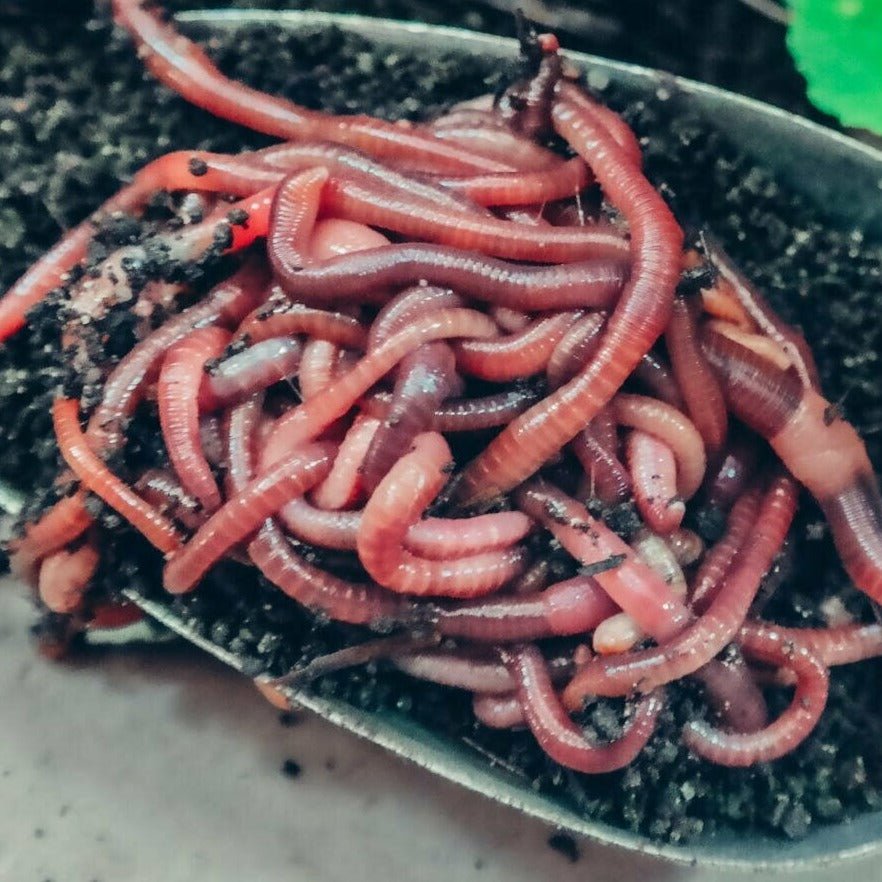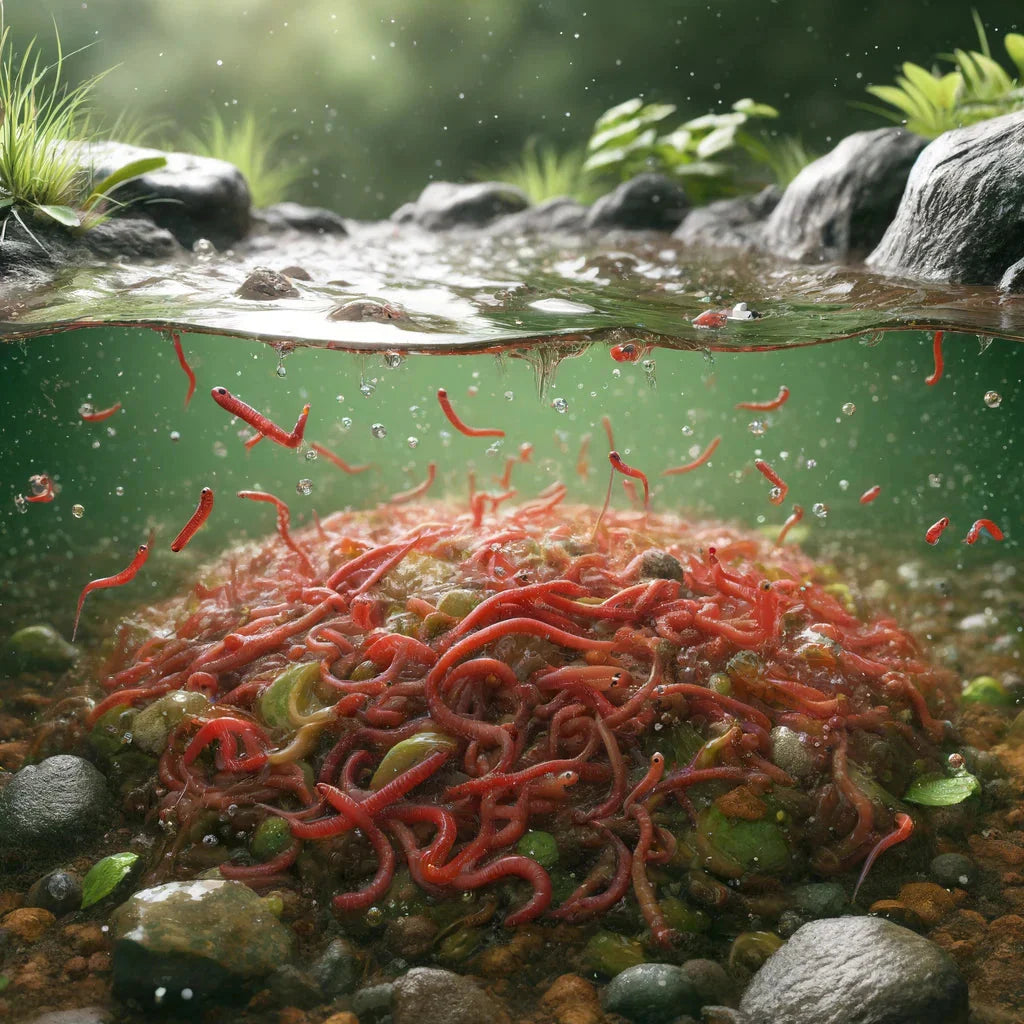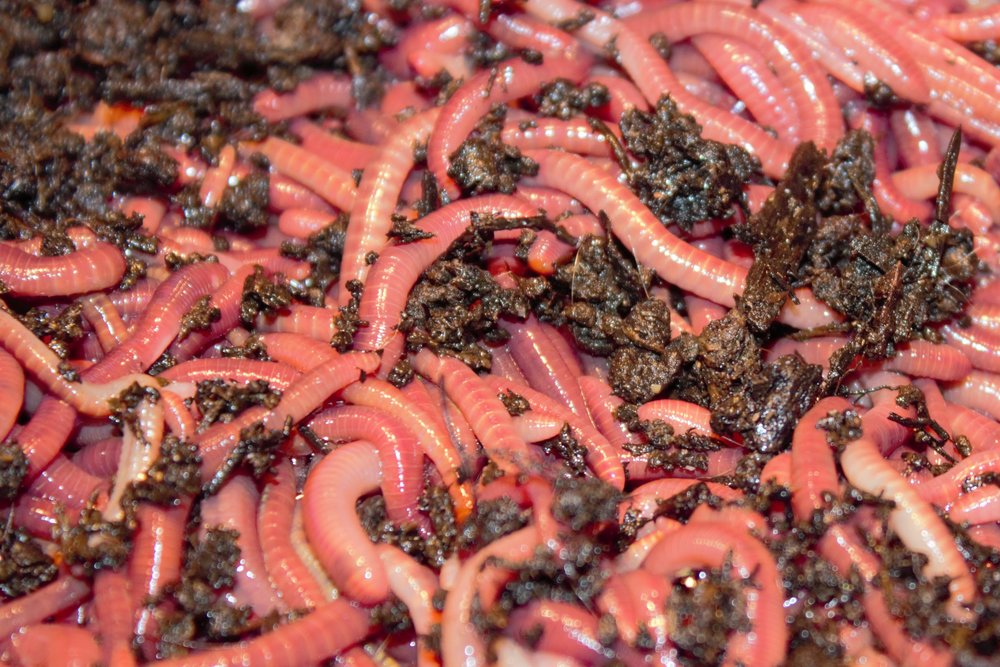Red worms: How to care for
Why Red Wigglers Are Necessary for Chemical-free Farming
Red wigglers play a pivotal function in natural farming, primarily through their distinct capability to disintegrate organic products and enhance soil health and wellness. The extent of their impact on agricultural techniques and soil biology increases fascinating questions concerning the future of organic farming.
Duty of Red Wigglers in Dirt Health

In addition, red wigglers improve dirt structure by developing channels as they burrow. These channels improve oygenation and water infiltration, advertising a much healthier origin atmosphere. Their activity likewise assists in keeping ideal moisture degrees, which is critical for healthy plant growth.

Benefits of Worm Castings
Worm castings, the nutrient-rich excrement generated by red wigglers, work as an effective change for natural farming. These spreadings are teeming with important nutrients such as nitrogen, phosphorus, and potassium, which are essential for plant development. Unlike artificial plant foods, worm castings launch nutrients slowly, supplying a steady supply gradually and reducing the risk of nutrient leaching and overflow.
In addition, worm castings enhance soil structure and oygenation, advertising healthier origin systems. Their high raw material material improves wetness retention, making it possible for plants to much better endure dry spell conditions. Furthermore, worm spreadings contain useful microbes that support plant health by subduing virus and enhancing nutrition uptake.
The application of worm spreadings can bring about increased crop yields and boosted quality of fruit and vegetables, making them a very useful resource for natural farmers. Their use also aligns with sustainable farming methods, contributing to dirt fertility without the adverse ecological influences connected with chemical plant foods. On the whole, the unification of worm castings into farming techniques fosters a more resilient and efficient community, highlighting the relevance of red wigglers in chemical-free farming systems.

Enhancing Nutrient Biking
(red wiggler composting worms)Nutrient cycling is a critical process in chemical-free farming, and official source the integration of red wigglers plays a critical function in enhancing this cycle. These earthworms add considerably to the malfunction of raw material, promoting the improvement of intricate natural materials right into easier, more obtainable nutrients for plants. As red wigglers take in decaying natural matter, they excrete nutrient-rich spreadings, which are brimming with beneficial microbes. This microbial task further help in the decomposition procedure, making sure that important nutrients are easily offered for plant uptake.
Furthermore, red wigglers aid to accelerate the mineralization of nutrients, transforming them from inert kinds into bioavailable forms that plants can soak up. This process is vital for maintaining soil fertility and advertising healthy and balanced crop development. The presence of red wigglers additionally encourages a diverse soil ecological community, fostering an equilibrium of nutrients that sustains various plant species.
Improving Dirt Structure
The improvement of soil structure is crucial for cultivating a healthy agricultural environment, and the activity of red wigglers substantially adds to this renovation. These earthworms play an important function in aerating the dirt and creating a network of channels that help with water seepage and origin infiltration. As they burrow with the soil, red wigglers separate compacted layers, enabling better oxygen exchange and promoting microbial activity.
Moreover, the natural issue generated from their waste, called vermicast, enhances soil aggregation. This process creates steady clumps of soil bits, enhancing soil porosity and minimizing erosion (red wigglers). The existence of red wigglers also urges the advancement of useful fungal networks, which are vital for nutrient uptake by plants
Supporting Lasting Practices
Incorporating red wigglers right into chemical-free farming techniques not just improves soil health and wellness however likewise promotes sustainable farming methods. These earthworms play a vital duty in vitamins and mineral biking, changing organic waste into valuable compost that improves the dirt. By using red wigglers, farmers can successfully decrease reliance on artificial plant foods, consequently reducing chemical runoff and its detrimental effects on communities.
Furthermore, the consolidation of red wigglers motivates the method of recycling natural products, such as cooking area scraps and ranch waste. This waste reduction strategy not just reduces disposal costs yet additionally promotes a closed-loop system where nutrients are continuously gone back to the soil (red wigglers). Such techniques are important in minimizing climate change, as they boost carbon sequestration and decrease greenhouse gas emissions
In addition, red wigglers boost water retention in the dirt, which is essential in times of dry spell. Their burrowing activities develop networks that allow water to pass through deeper right into the ground, therefore promoting reliable water use. Inevitably, integrating red wigglers right into chemical-free farming not only supports biodiversity but additionally lines up with the principles of sustainable farming, providing a holistic technique to food production.
Conclusion
In final thought, red wigglers play an essential duty in organic farming by dramatically improving dirt health and fertility. Their capability to decompose raw material and create nutrient-rich spreadings fosters a growing microbial community, which is necessary for nutrient cycling. Additionally, the burrowing activities of these worms boost soil structure and aeration, assisting in far better water infiltration and root development. Therefore, the integration of red wigglers into farming techniques is important for promoting sustainability and boosting overall dirt top quality.